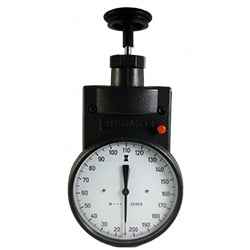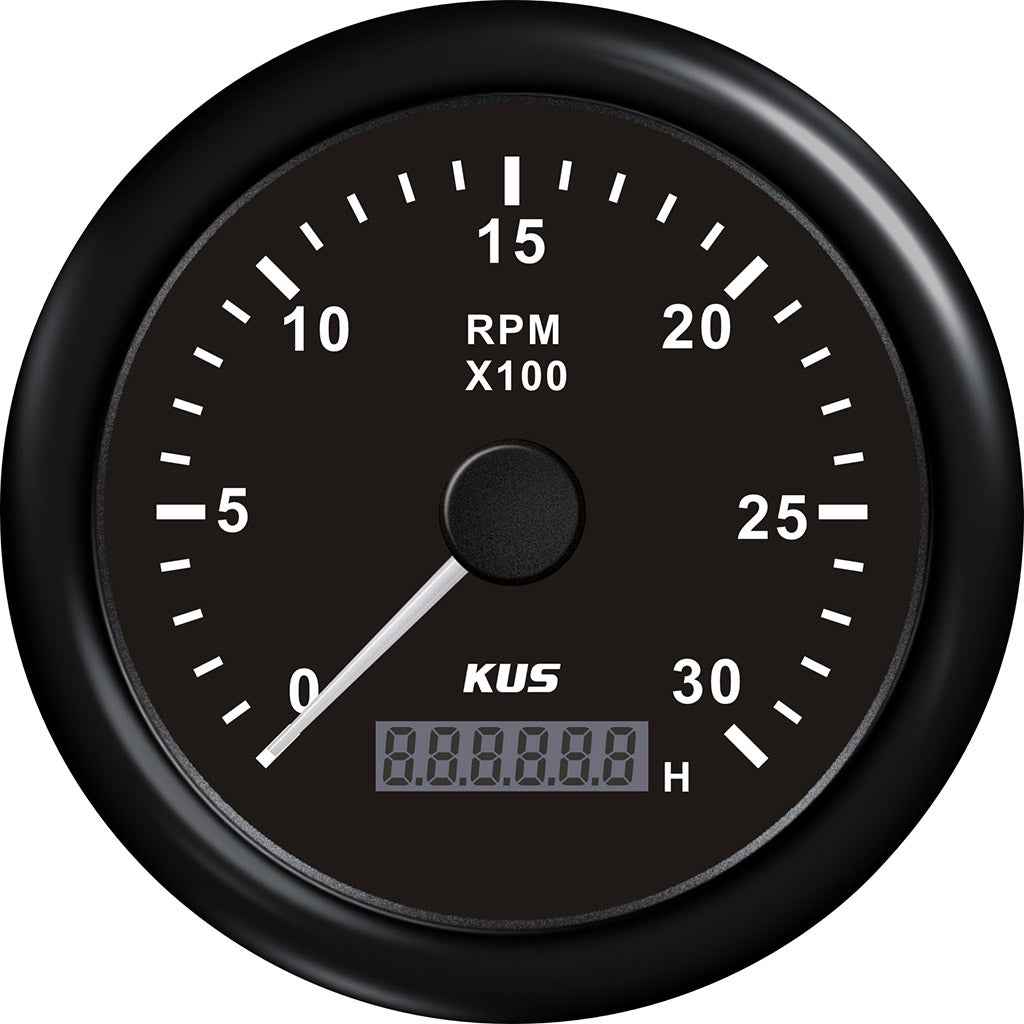Comprehensive Guide to Comprehending and Utilizing a Tachometer Successfully
Comprehensive Guide to Comprehending and Utilizing a Tachometer Successfully
Blog Article
Trick Reasons Having a Tachometer Is Necessary for Maintaining Engine Wellness and Efficiency
This humble yet vital tool plays a pivotal role in the upkeep of an engine's health and wellness and effectiveness. By supplying real-time information on engine rate and RPM degrees, a tachometer offers important insights that directly affect the performance and durability of the engine. Allow's check out the crucial factors behind its crucial role in maintaining engine wellness and performance.
Protecting Against Engine Over-Revving

To protect the engine from potential damages, it is vital to carry out procedures that stop over-revving, a method that can result in costly repair work and decreased engine lifespan. Over-revving occurs when the engine's rotational rate goes beyond the optimum limitation established by the maker, triggering unnecessary tension on interior components such as pistons, valves, and connecting poles. This too much strain can result in mechanical failings, consisting of curved shutoffs, harmed pistons, and even devastating engine failure.
One effective action to stop over-revving is the installment of a rev limiter. A rev limiter is a device that regulates the optimum RPM (revolutions per min) of the engine by either removing fuel flow or trigger to the engine when the pre-set restriction is gotten to. Additionally, informing drivers and operators on the relevance of monitoring engine RPM through the tachometer can help prevent accidental over-revving. Regular maintenance checks to ensure the engine remains in ideal problem can also help in stopping over-revving occurrences and extending the engine's life expectancy. By adopting these preventive actions, the risk of engine damages due to over-revving can be dramatically minimized.
Enhancing Fuel Consumption
Effective gas consumption plays a critical function in making the most of the performance and sustainability of an engine. tachometer. Enhancing fuel usage not just assists in decreasing operational prices but also minimizes the ecological influence of automobile exhausts. By utilizing a tachometer to monitor engine rate and change driving routines accordingly, chauffeurs can achieve better fuel effectiveness
Preserving a stable rate and avoiding unexpected velocities and slowdowns can dramatically enhance fuel economic situation. In addition, proper gear selection based upon the tachometer readings guarantees that the engine runs within its ideal variety, leading to a lot more efficient gas burning.
Frequently checking the tachometer can additionally assist recognize any ineffectiveness or mechanical concerns that may be affecting fuel intake. A sudden increase in gas use without a corresponding adjustment in driving routines can indicate a problem that calls for interest.
Monitoring Engine Wellness
Keeping track of engine health and wellness is vital for making certain optimal efficiency and durability of the car. By utilizing a tachometer to check engine speed, drivers can find irregularities that may suggest potential issues with the engine. A tachometer supplies real-time information on engine changes per min (RPM), allowing chauffeurs to identify any kind of unusual spikes or decrease in RPM that can signal problems such as misfires, worn-out components, or engine overheating.

Frequently monitoring engine health and wellness through the use of a tachometer enables motorists to deal with issues promptly before they escalate and trigger substantial damage. For instance, discovering a reduction in RPM can show gas shipment issues or a blocked air filter, while an unexpected increase in RPM might indicate issues with the transmission or exhaust system. By staying alert and responsive to changes in engine efficiency, drivers can protect against costly fixings and ensure the general health and efficiency of their car.
Expanding Engine Lifespan
Making certain the long life of an engine needs persistent maintenance practices and attentive monitoring of crucial efficiency indicators. Extending an engine's life-span is critical for lowering total lorry upkeep expenses and avoiding unanticipated failures. go A tachometer plays a substantial function in this aspect by giving real-time data on engine rate, permitting vehicle drivers and auto mechanics to make informed choices to avoid too much damage.

Moreover, regular upkeep based on tachometer analyses, such as timely oil adjustments and ignition system replacements, can dramatically add to expanding the engine's durability. In general, including a tachometer into routine engine tracking techniques is essential for protecting the engine's health and wellness and performance over the long-term.
Conserving Cash on Fixes
A tachometer assists in monitoring the engine's RPM (changes per minute), enabling chauffeurs to operate within the advised array. By staying within these ideal RPM levels, extreme stress on the engine can be stayed clear of, minimizing the likelihood of expensive fixings due to overworking the engine.
Furthermore, by utilizing the data additional hints from a tachometer to exercise smooth acceleration and slowdown, drivers can lengthen the lifespan of their car's components, inevitably conserving money on upkeep and substitutes. Overall, the insights supplied by a tachometer encourage motorists to make enlightened decisions that can stop unnecessary wear and tear on the engine, resulting in substantial price financial savings in the long run.
Conclusion
In verdict, a tachometer plays an essential role in preserving engine wellness and efficiency by stopping over-revving, enhancing gas usage, monitoring engine wellness, extending engine lifespan, and conserving money on repair work. It is a crucial tool for making certain that the engine runs within risk-free limits and does at its finest, eventually contributing to the long life and general efficiency of the car.
Report this page